INTRODUCTION
Caring for our pets is a beautiful display of selfless love and dedication! Pets become parts of our families over time, and as we would for any other family member, we want to establish the best pet nutrition habits for our furry friends! However, this is a greater challenge for reptile pets.
Reptiles are not considered conventional pets by many (but just like all other pets, we love snakes, lizards, and other reptiles, too!). This can make it considerably more complicated to try to design a perfect diet for your reptile pets!
In this article, we will guide you through 4 easy steps for building the perfect diet for your reptile pets!
THINGS TO KNOW ABOUT REPTILE PETS
As unconventional as they are, reptiles can be very interesting pets. They can survive perfectly well in domestic environments if they are cared for correctly!
There are different kinds of reptiles that people choose as pets — snakes, lizards, turtles, you name it! However, all of these reptiles have very different lifestyles and eating habits. Some are herbivorous, some are carnivorous, and some eat both!
Caring for these unique reptile pets can be difficult for beginners. However, some common pointers could help you to get started with their diet.
Take for example the Dubia Roach! It is said that these insects are the best food for all kinds of reptiles. They are also easy to source from dedicated sites like https://www.topflightdubia.com/!
However, be sure to do your research! There are always differences in the quantity and frequency of your pet’s meals. Their diet must be customized perfectly to ensure optimal health and nutrition!
IMPORTANCE OF A GOOD DIET FOR YOUR REPTILE PETS
Feeding your pet a proper diet is the most basic requirement in providing them with a healthy and happy life! A good diet will help your reptile pets thrive! Proper pet nutrition drastically improves quality of life.
A well-balanced diet will help your pet survive in confinement. Reptiles are meant to live in the wild. To ensure their best quality of life, you need a diet that replicates their varied dietary habits of the wilderness.
However, like any other type of pet, different reptiles will have varying nutritional demands. You must customize your reptile pet’s diet according to their specific needs.
Pets also have different personalities! Following the textbook diet for your species of reptile might not be sufficient. Particularly your reptile friend might prefer one kind of food over others, and you need to consider that while planning their diet. You will also need to learn which types of treats your pet loves the most! Otherwise, your pet may end up eating less and eventually suffering from malnutrition.
4 STEPS TO BUILDING THE PERFECT DIET FOR YOUR REPTILE PETS
Step 1: Figure out the Amount of Food Needed
This depends on the age, size, and species of your pet reptile. Snakes can eat once and twice a week and live a very healthy life with less frequent feedings. However, lizards feed almost every day.
Additionally, just like puppies and kittens, young reptile pets need to feed frequently to ensure their growth and development! As they age, reptiles can feed less frequently and still maintain proper nutrition/
Reptiles may also feed more frequently depending on their breeding condition.
Step 2: Figure Out the Base Needs of Your Pet
Is your reptile a carnivore? Carnivorous reptiles will have a base diet of meat. This meat can be sourced from fish, rodents, and insects. Herbivore reptiles are more dependent on hay, pellets, and other roughage.
However, it’s important to build on and expand their base diet as much as you can! Reptiles would naturally eat diversified meals if they were in the wild. Therefore, it is best to give them all kinds of nutrients through different foods as frequently as possible.
Only hay or mice will not fulfill the nutrition requirement of your reptile pets. Having a rotation of food accompanied by the base food is the best way to meet their needs.
Step 3: Adjust with the Weather
Perfect pet nutrition is not just about what you feed your pet. It is also about how flexible your pet’s diet is according to your pet’s changing needs. Reptiles have an entirely different way of survival in the winter than they do in the summer. Most reptiles start moving less and less in a colder atmosphere to conserve energy and calories, meaning they require less food throughout the Winter!
Conversely, excessive warm temperatures can also impact your pet’s nutritional needs. Make sure you are monitoring your pet’s habitat and providing proper pet nutrition on a seasonal basis!
Step 4: Include Supplements
Sometimes, despite our best efforts, our pet reptiles require a little extra help getting the vitamins and minerals they need! With proper guidance by a trained professional, supplements can help cater to your reptile pet’s specific nutritional needs.
For example, bearded dragons require a very healthy dose of calcium and vitamin D3 in their diets. It is extremely difficult to receive the level of calcium they require from food sources alone. This is where supplement comes in.
We strongly recommend consulting with your veterinarian regarding supplements for your reptile pets! Introducing a supplement can help to fill any nutritional gaps and improve your pet’s health.
CONCLUSION
Keeping and caring for reptile pets can be challenging. However, with time, effort, and ample research, it can be extremely fulfilling!
When you care for your pet reptile with proper food, supplements, and medication, your friend will grow and thrive. Good luck!

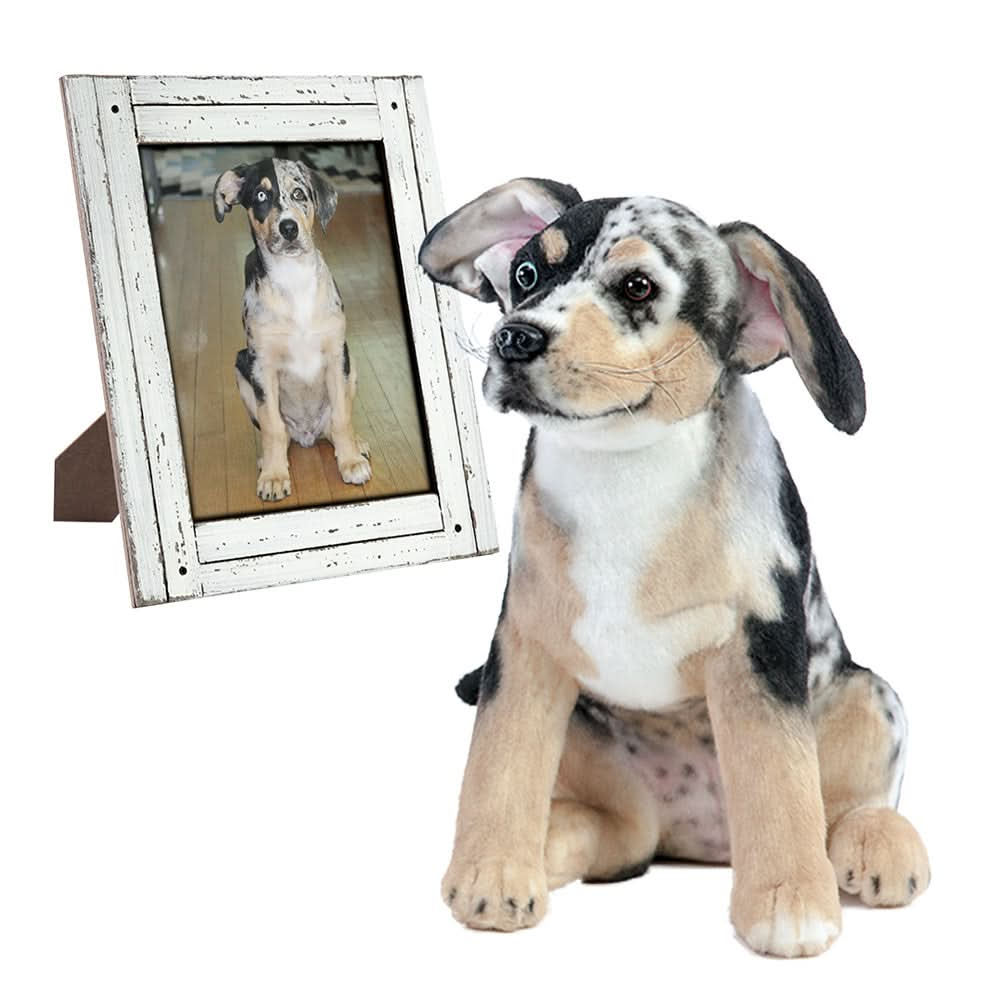

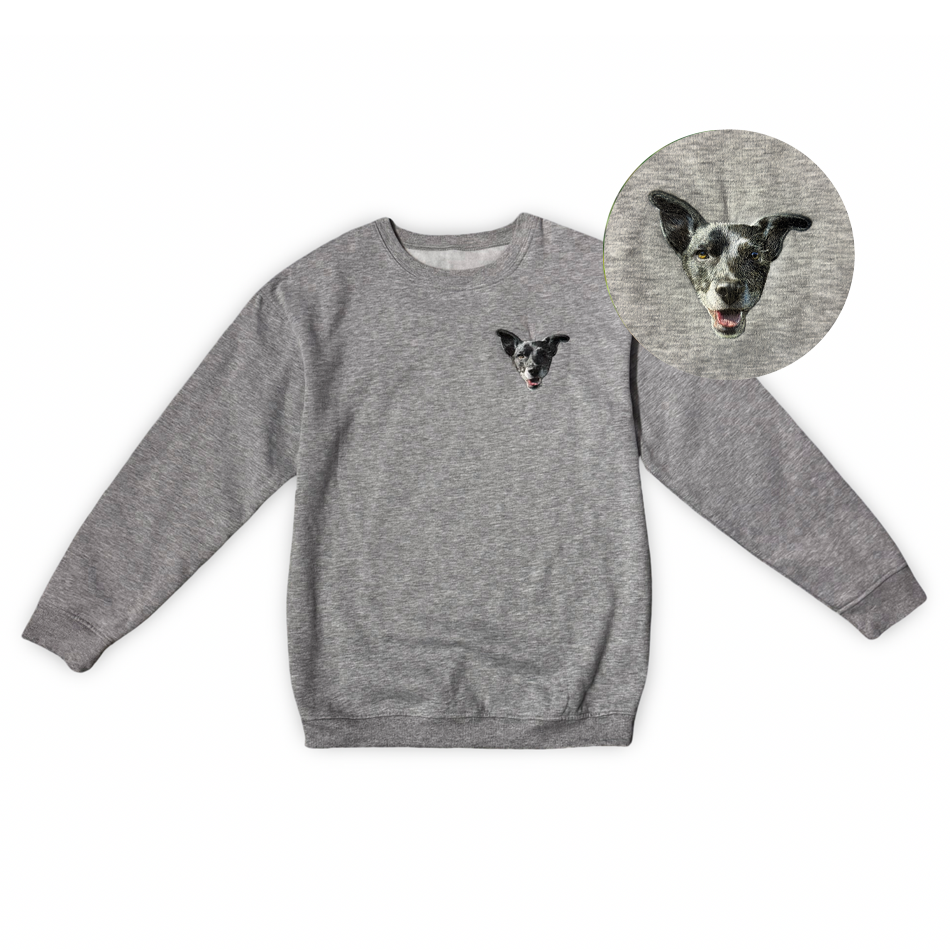
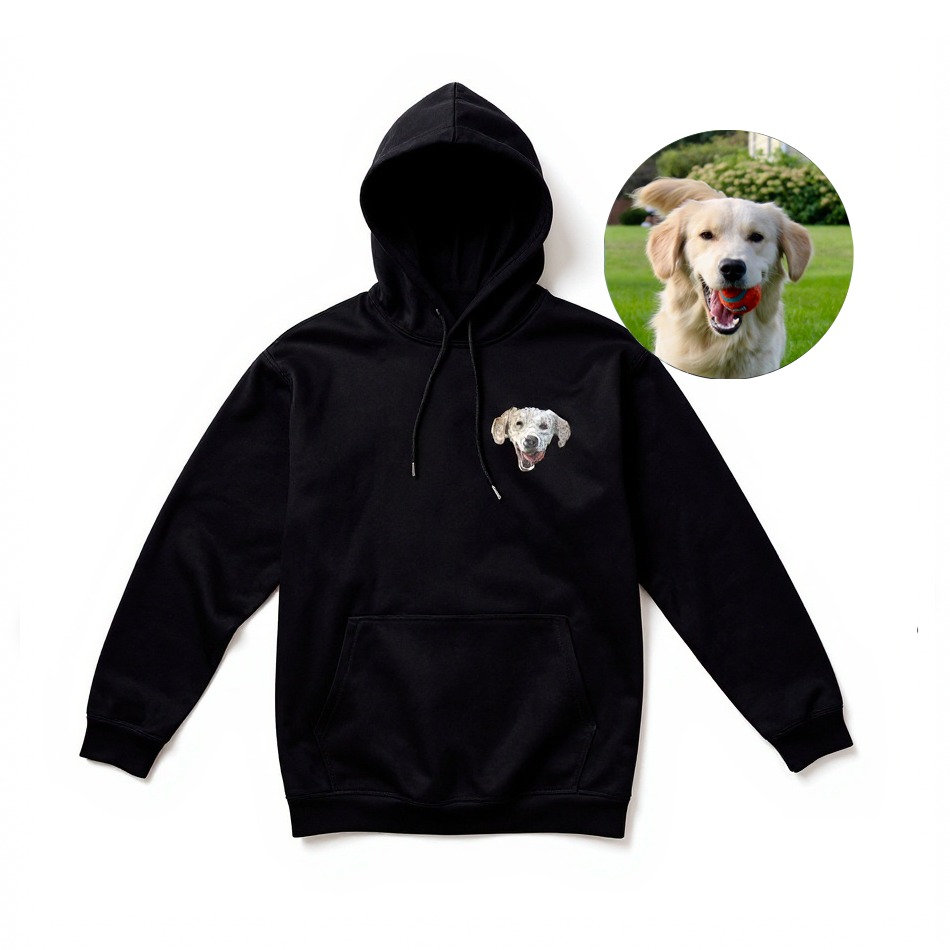
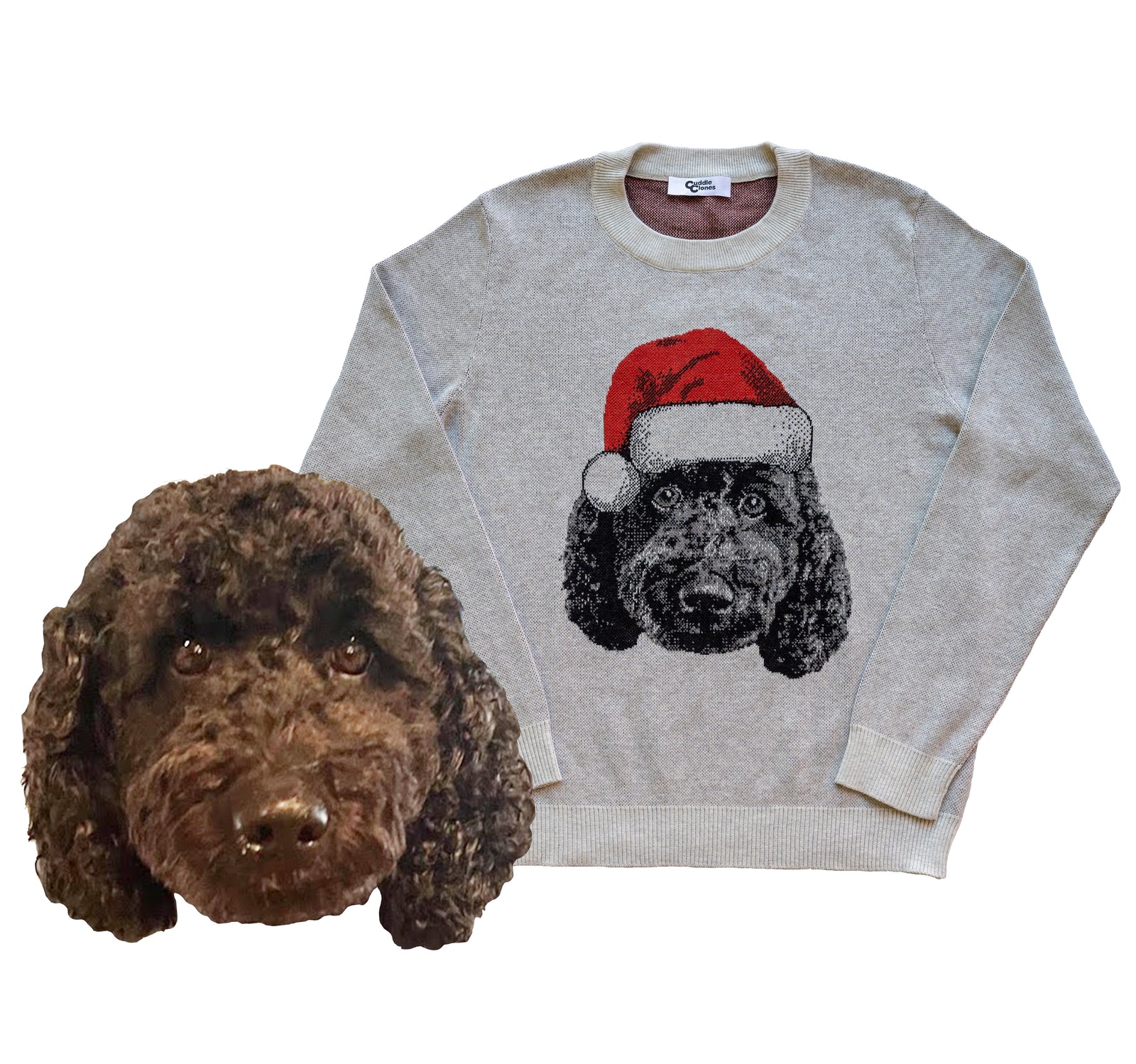
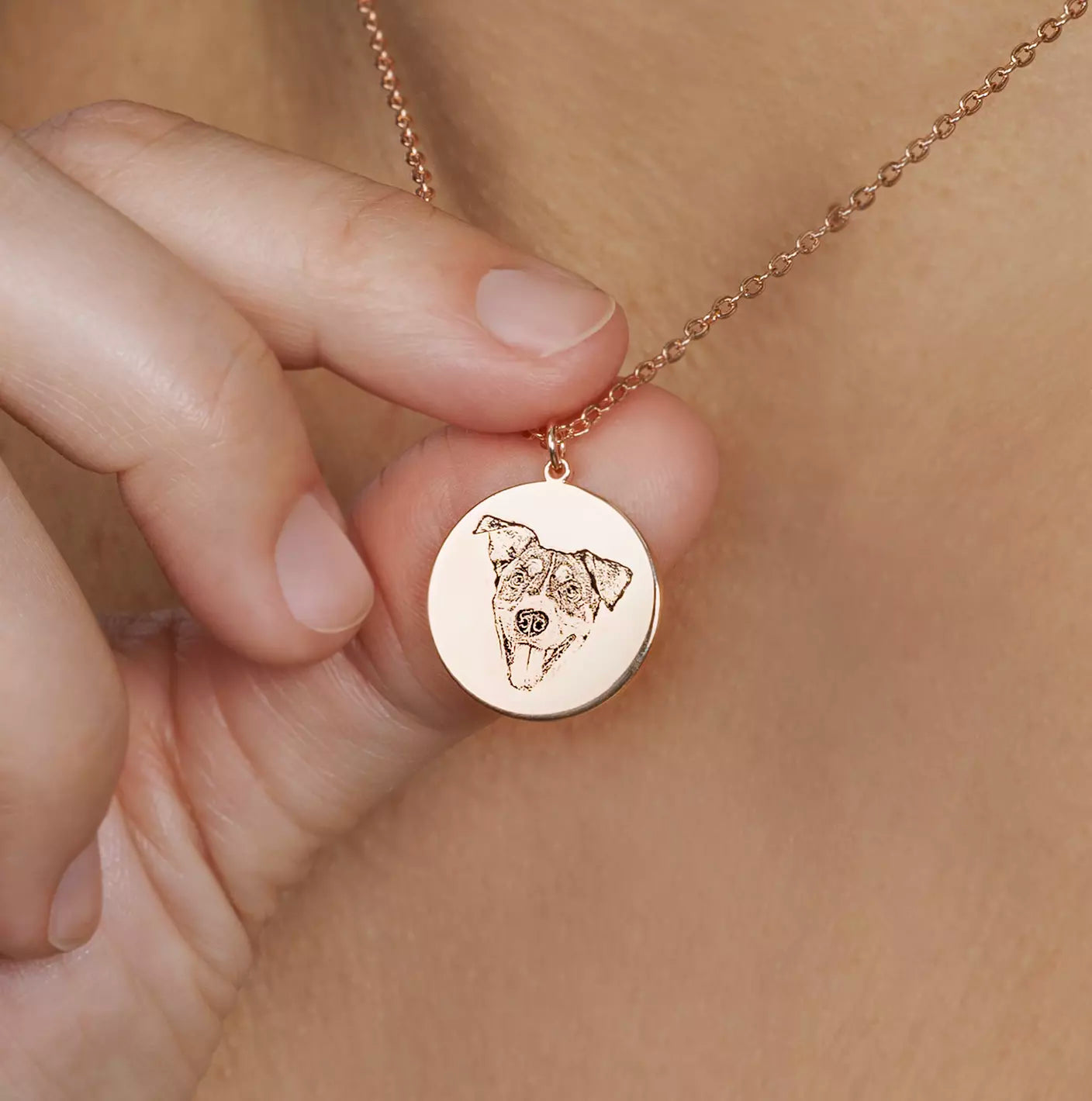

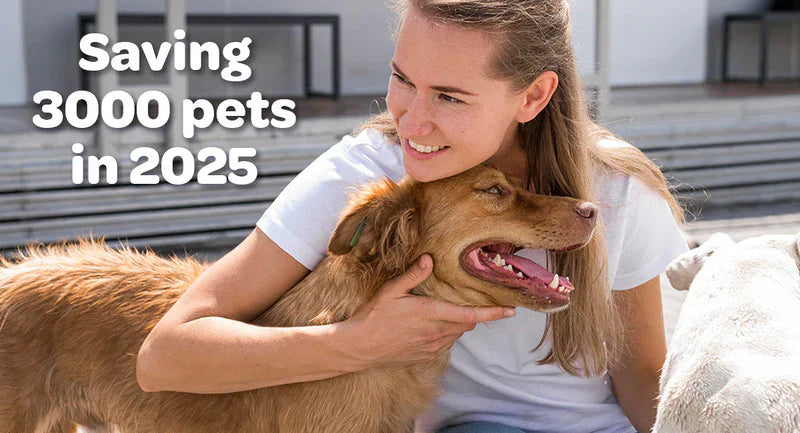
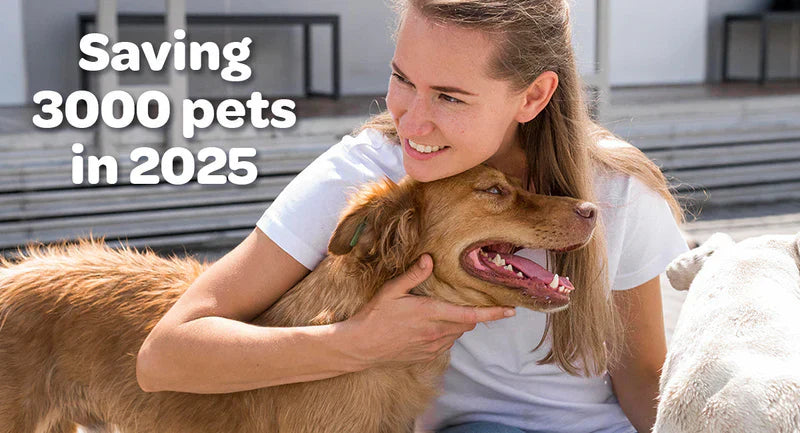
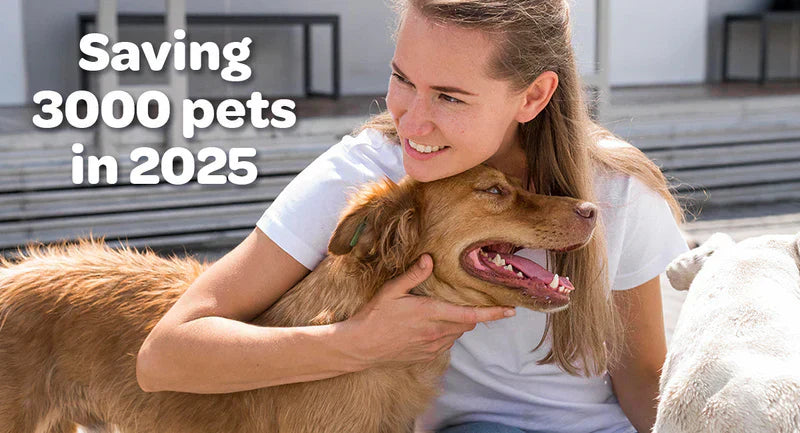
Leave a comment (all fields required)